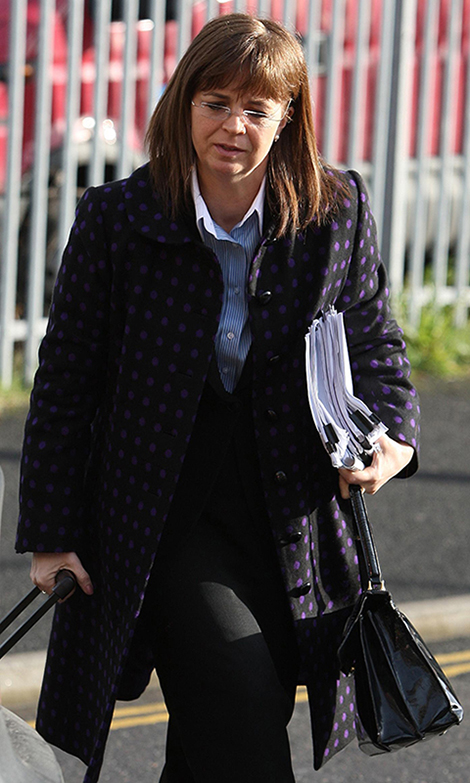Elish Angiolini
Elish Angiolini was appointed Solicitor General for Scotland in 2001 and was the first solicitor (as opposed to advocate) to be appointed Solicitor General. Her appointment was not received favourably amongst all members of the legal profession.
Her nomination for the post of Lord Advocate was passed by Parliament in October 2006 (with 99 votes in favour 0 against and 15 abstentions) .She was subsequently sworn in as Lord Advocate at the Court of Session on 12 October 2006. A month later she became a member of the Privy Council.
Her background was that of a career prosecutor. She had been a procurator fiscal in Glasgow and Airdrie, held senior posts in the Crown Office (which oversees Scotland's prosecution service) and served as the regional prosecutor for Grampian, Highlands and Islands.
She was also one of only two Lord Advocates in 500 years who was not allied to the politically dominant faction in Scotland. On her appointment she noted: ‘There is still a great deal to be done to ensure that, as Nelson Mandela says, prosecutors defend the rights of the weakest and the worst amongst us.’

The following are further examples of legal ‘firsts’ and are ones which have had significant impact on the legal system:
- In 1880 that Dr Henry Faulds, a Scottish pysician and missionary working in Japan, published his idea of recording fingerprints with ink, and was the first to identify fingerprints left on a glass bottle.
- The world's first cloned mammal was created in 1996 by a team of experts at the Roslin Institute near Edinburgh. Dolly the sheep survived for six years. Her birth saw the Cloning Act rushed through the UK Parliament as the law raced to keep up with scientific developments
